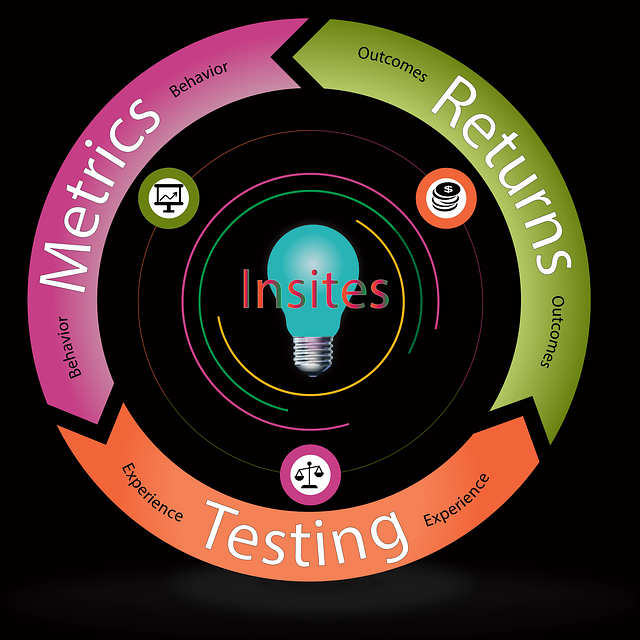Boston Electronics Recycling leads sustainable tech practices by managing electronic assets' lifecycles, from acquisition to end-of-life, to ensure responsible recycling of gaming consoles, computers, and mobile electronics. Implementing robust IT asset retention strategies, including clear policies, secure data deletion, and collaboration with certified e-waste management companies, is vital for Boston businesses to minimize electronic waste in Massachusetts (MA) and promote a circular economy that benefits both businesses and the environment.
In the realm of sustainable electronics management, Boston Electronics Recycling (BER) stands out with its strategic approach to IT asset retention. This article delves into the significance of effective retention strategies for BER, offering a comprehensive guide to optimizing electronic waste reduction. We explore why implementing robust policies is crucial for both environmental impact and resource valorization. Through step-by-step insights and best practices, this piece empowers businesses in Boston to maximize the value of their IT assets while ensuring responsible recycling.
- Understanding IT Asset Retention Strategies: Why It Matters for Boston Electronics Recycling
- Implementing Effective Retention Policies: A Step-by-Step Guide for Electronic Waste Management in Boston
- Benefits and Best Practices: Maximizing Resource Value through Strategic IT Asset Retention
Understanding IT Asset Retention Strategies: Why It Matters for Boston Electronics Recycling

At Boston Electronics Recycling, understanding IT asset retention strategies is more than just a matter of efficient disposal; it’s a key component in our commitment to sustainable technology practices and environmental stewardship. These strategies involve carefully planning and managing the lifecycle of electronic assets, from acquisition to end-of-life. By adopting robust IT asset retention policies, we ensure that businesses and individuals across the Boston area can responsibly recycle old gaming consoles, computers, and other mobile electronics, minimizing e-waste and maximizing resource recovery.
This proactive approach is crucial in light of the rapid technological advancements that lead to frequent upgrades and obsolescence. Effective IT asset retention strategies enable us to separate valuable components from non-recyclable materials, ensuring that precious resources are returned to the manufacturing process. This not only reduces the environmental impact but also supports a circular economy where electronic devices can be reused and repurposed, benefiting both businesses and the environment in the bustling Boston landscape.
Implementing Effective Retention Policies: A Step-by-Step Guide for Electronic Waste Management in Boston

Implementing effective IT asset retention strategies is a critical step for any Boston business aiming to responsibly manage its electronic waste (e-waste). The first step is to Boston computer recycling program by creating clear policies that outline the life cycle of technology assets. This includes setting retention periods for different types of equipment, such as computers and servers, based on their obsolescence, functionality, and data security considerations. For instance, a policy might dictate that desktop computers are retained for 5 years before being responsibly recycled in Boston.
Next, establish a Boston business electronics recycling program that facilitates the secure destruction or data wiping of devices at the end of their useful life. Collaborate with certified electronic waste (e-waste) management companies in Massachusetts to ensure proper handling and disposal methods. This step is crucial for protecting sensitive business information while promoting sustainable practices. Regularly reviewing and updating these policies is essential, especially as technology advances rapidly and data security protocols evolve, ensuring your responsibly recycle electronics MA efforts remain current and effective.
Benefits and Best Practices: Maximizing Resource Value through Strategic IT Asset Retention

Implementing effective IT asset retention strategies offers numerous benefits to businesses, with Boston Electronics Recycling at the forefront of maximizing resource value. By adopting strategic practices, organizations can extend the lifespan of their technology, reduce electronic waste in Massachusetts (MA), and minimize environmental impact. One of the key advantages is cost savings; retaining assets can delay the need for frequent replacements, lowering procurement expenses.
Best practices include regular asset valuation, thorough data deletion, and proper recirculation or recycling through specialized centers like Boston Electronics Recycling. This ensures that outdated tech is handled securely, with sensitive data eradicated completely. Additionally, partnering with reputable recycling services for small appliances and electronics waste reduction MA facilitates the responsible disposal of assets while contributing to a greener future.
Boston Electronics Recycling can significantly enhance its operations and contribute to a more sustainable future by adopting effective IT asset retention strategies. By understanding the importance of strategic asset management, implementing well-defined policies, and embracing best practices, the company can maximize resource value while minimizing environmental impact. This approach not only benefits Boston Electronics Recycling but also fosters a circular economy, ensuring a brighter and more eco-friendly tomorrow for all.














